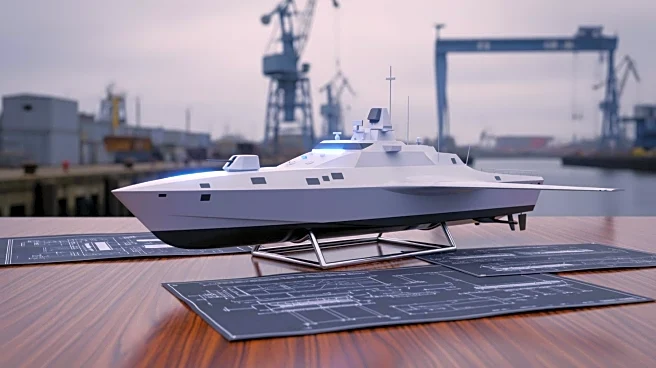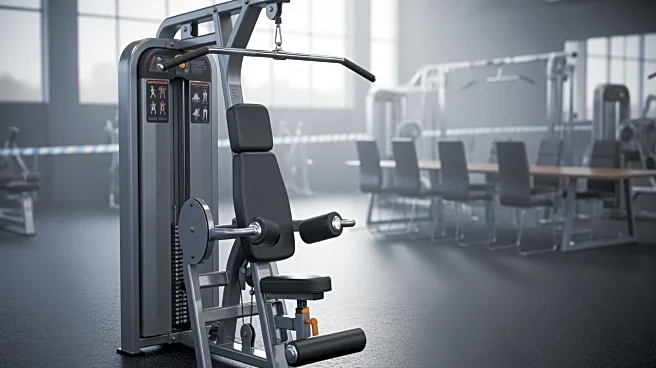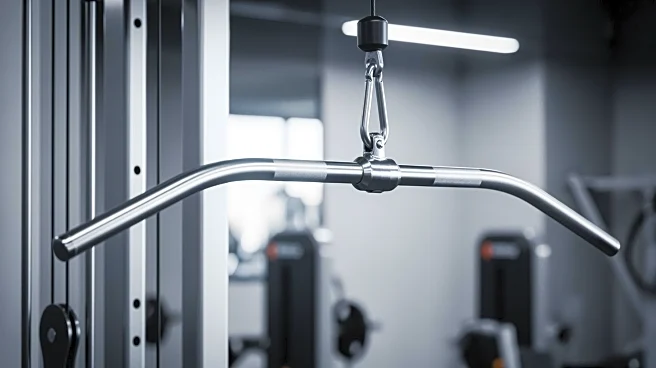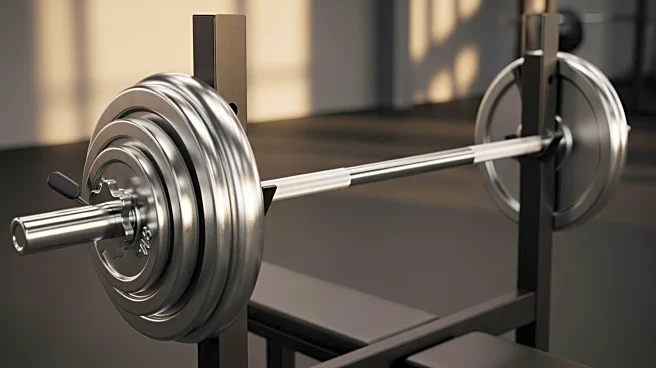What's Happening?
American tech firm Anduril has announced a partnership with HD Hyundai to develop unmanned vessels for the U.S. Navy's Modular Attack Surface Craft (MASC) competition. This initiative marks a significant development in the U.S.-Korea shipbuilding partnership.
The unmanned warships will be constructed in Seattle, focusing on low-rate production. Anduril's design philosophy emphasizes modularity, autonomy, and mass production readiness, allowing for flexible mission payloads ranging from intelligence, surveillance, and reconnaissance (ISR) to electronic warfare and strike capabilities. The vessels will feature all-steel construction for durability and ease of repair, suitable for smaller shipyards. The first prototype is being built in Korea, leveraging HD Hyundai's advanced capabilities, with plans to transition production to the Foss Shipyard in Seattle.
Why It's Important?
This collaboration between Anduril and HD Hyundai represents a strategic move to enhance U.S. naval capabilities through advanced unmanned technology. The development of these vessels could significantly impact the U.S. defense industry by introducing more versatile and cost-effective options for maritime operations. The Pacific Northwest's infrastructure and skilled labor force provide an ideal environment for expanding U.S. shipbuilding capacity, potentially revitalizing the local economy and maritime workforce. Additionally, the integration of automation and robotics in production could set new standards for efficiency and precision in shipbuilding, influencing future industry practices.
What's Next?
As the project progresses, Anduril plans to build up production capacity at the Foss Shipyard in Seattle, which will serve as the base for integration and testing. The partnership with robotics firm Hadrian will enhance automation during production, aiming for precision and rapid fabrication capabilities. This development could lead to increased interest and investment in unmanned maritime technology, potentially prompting other defense contractors to explore similar innovations. The success of this initiative may also influence U.S. Navy procurement strategies, encouraging further adoption of autonomous systems in military operations.
Beyond the Headlines
The collaboration between Anduril and HD Hyundai could have broader implications for international defense partnerships, showcasing the potential for cross-border technological innovation. The focus on modular and upgradeable designs may drive a shift towards more sustainable and adaptable military assets, reducing long-term costs and environmental impact. Additionally, the emphasis on minimizing vendor lock-in could encourage greater competition and diversity in the defense supply chain, fostering innovation and reducing dependency on single-source suppliers.

















